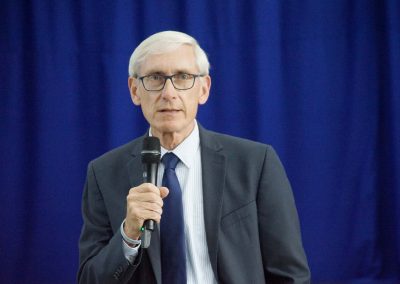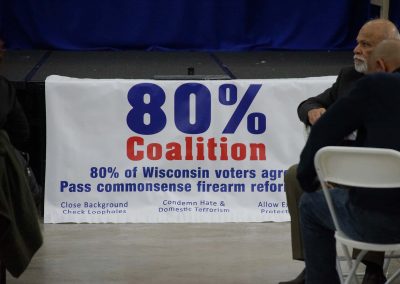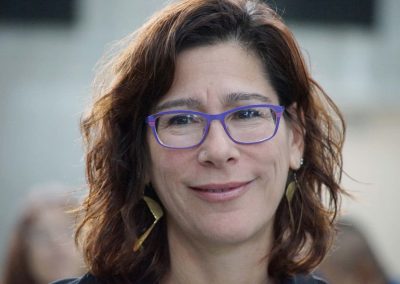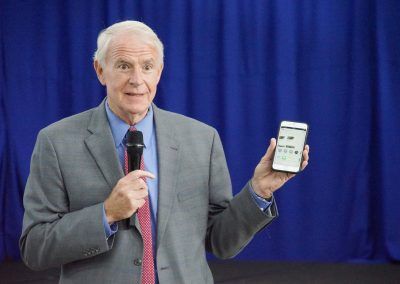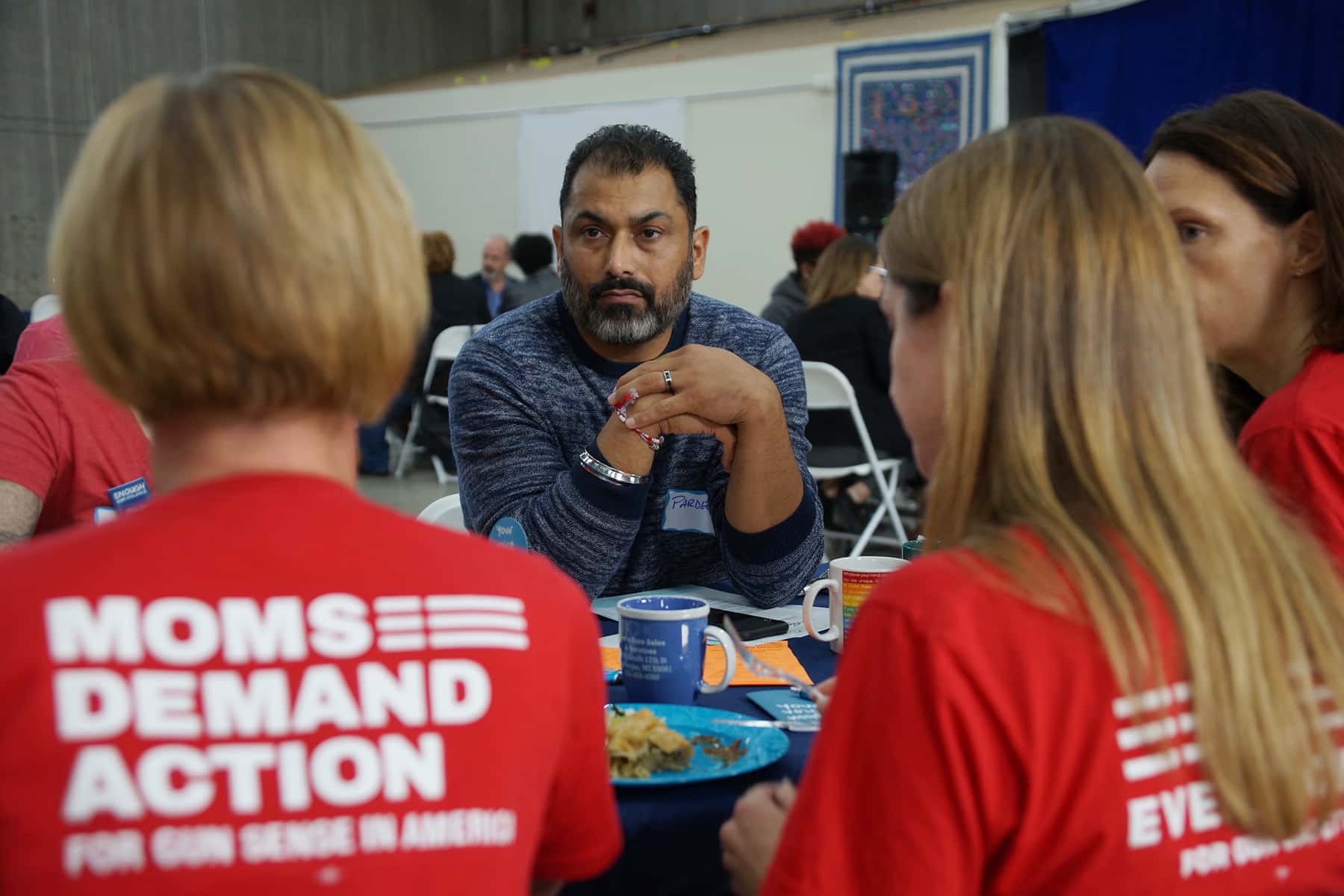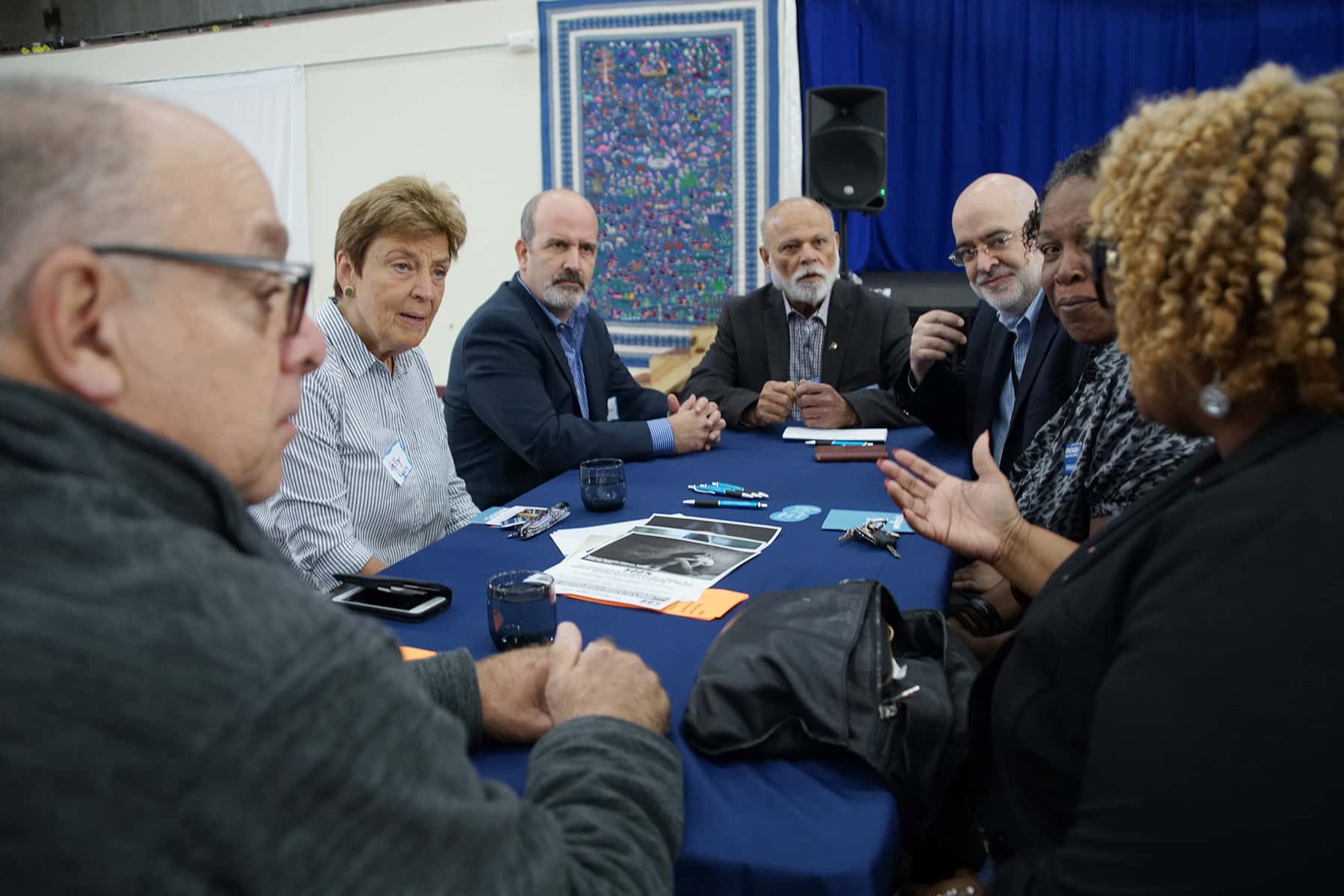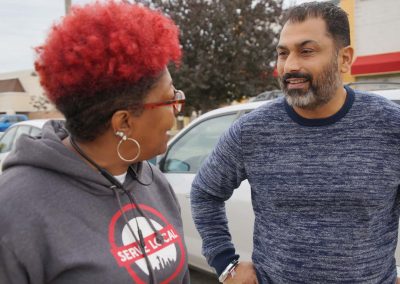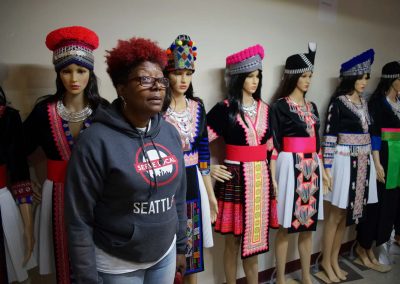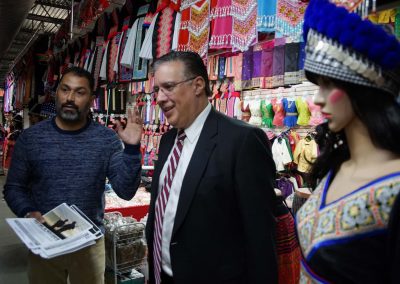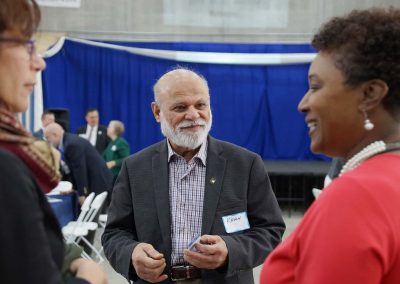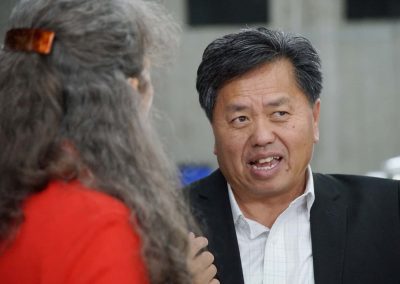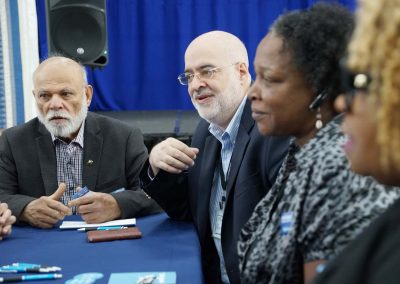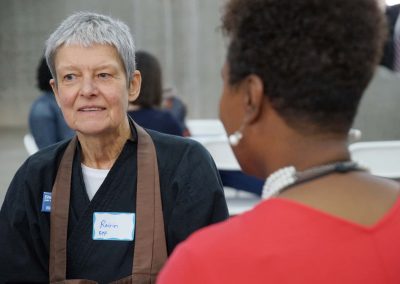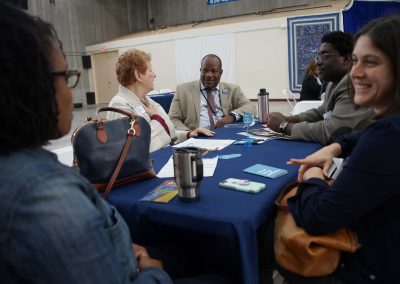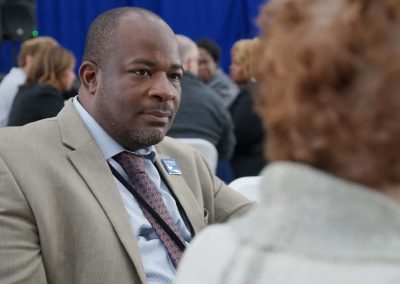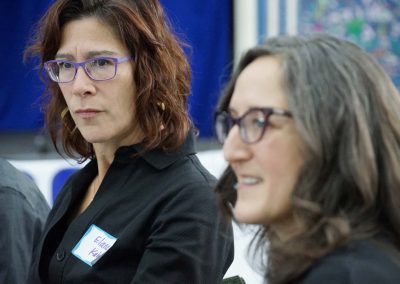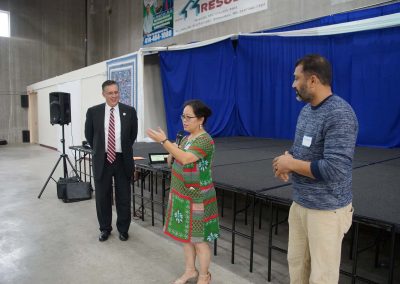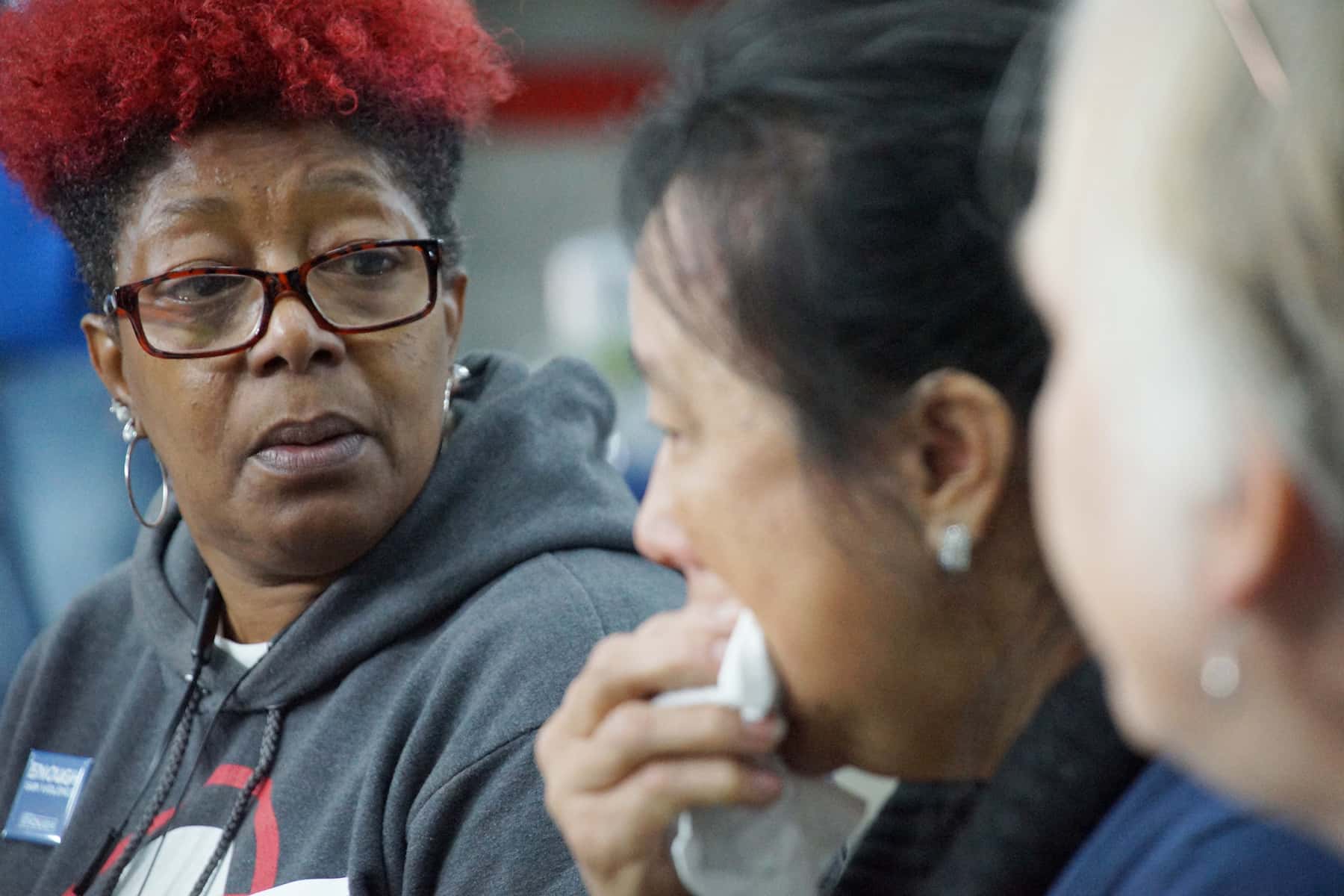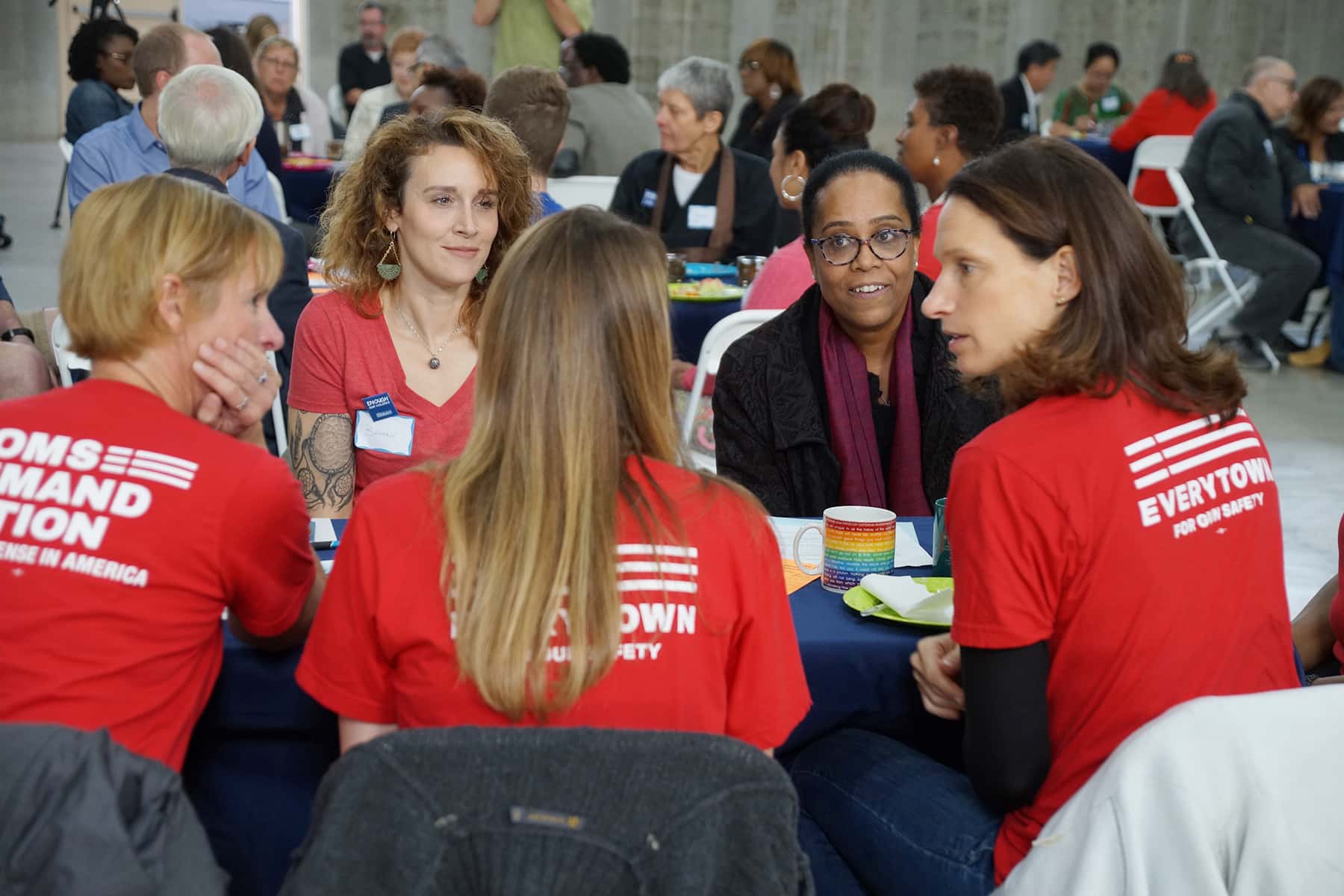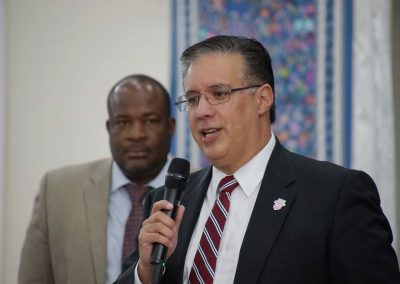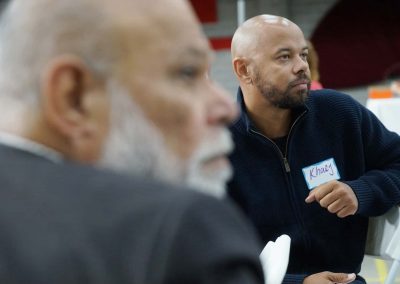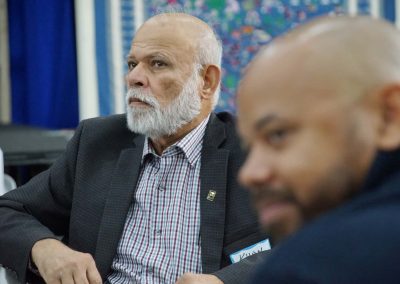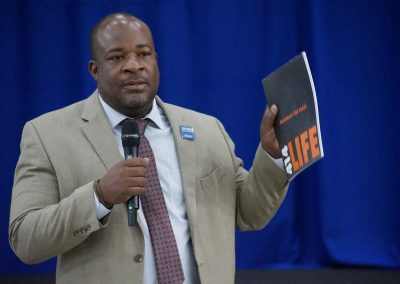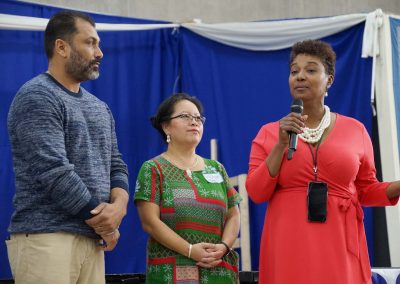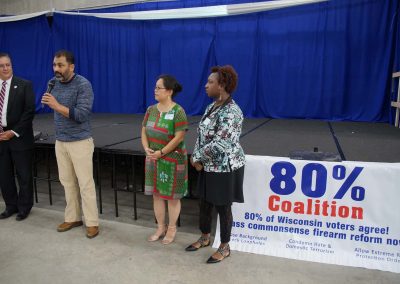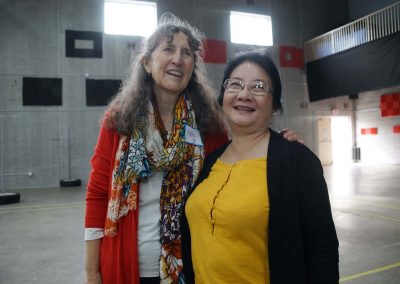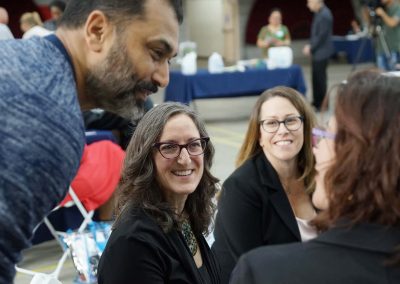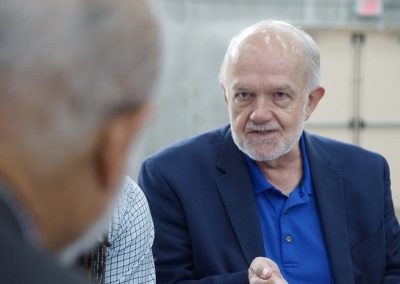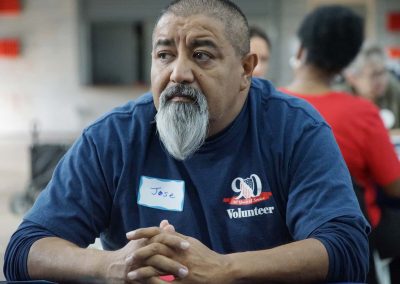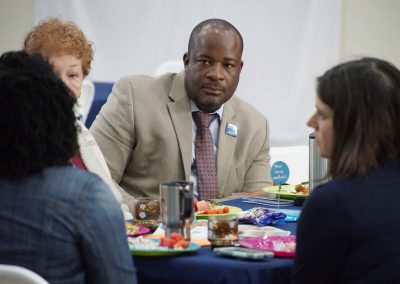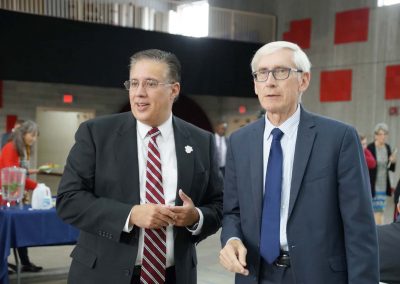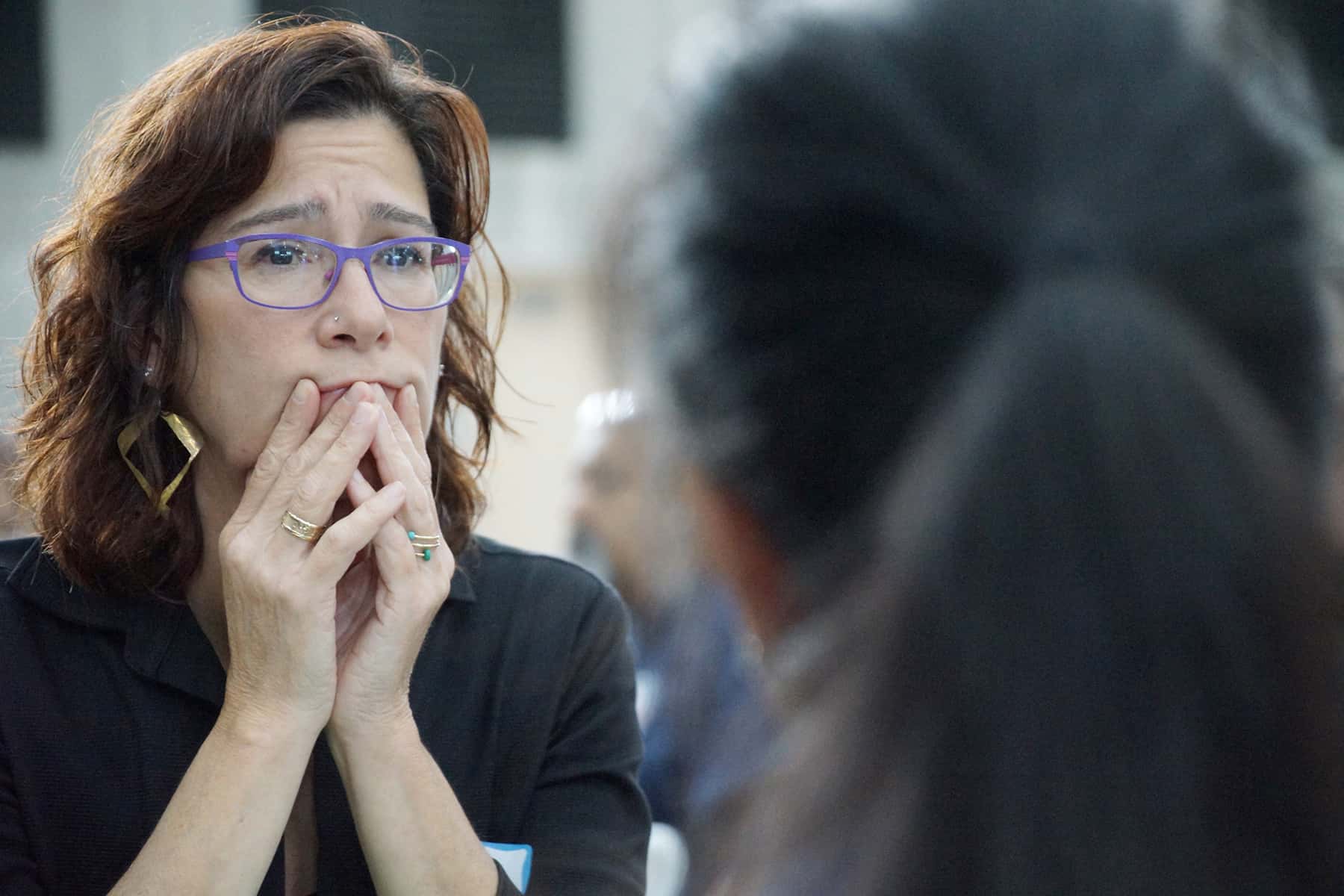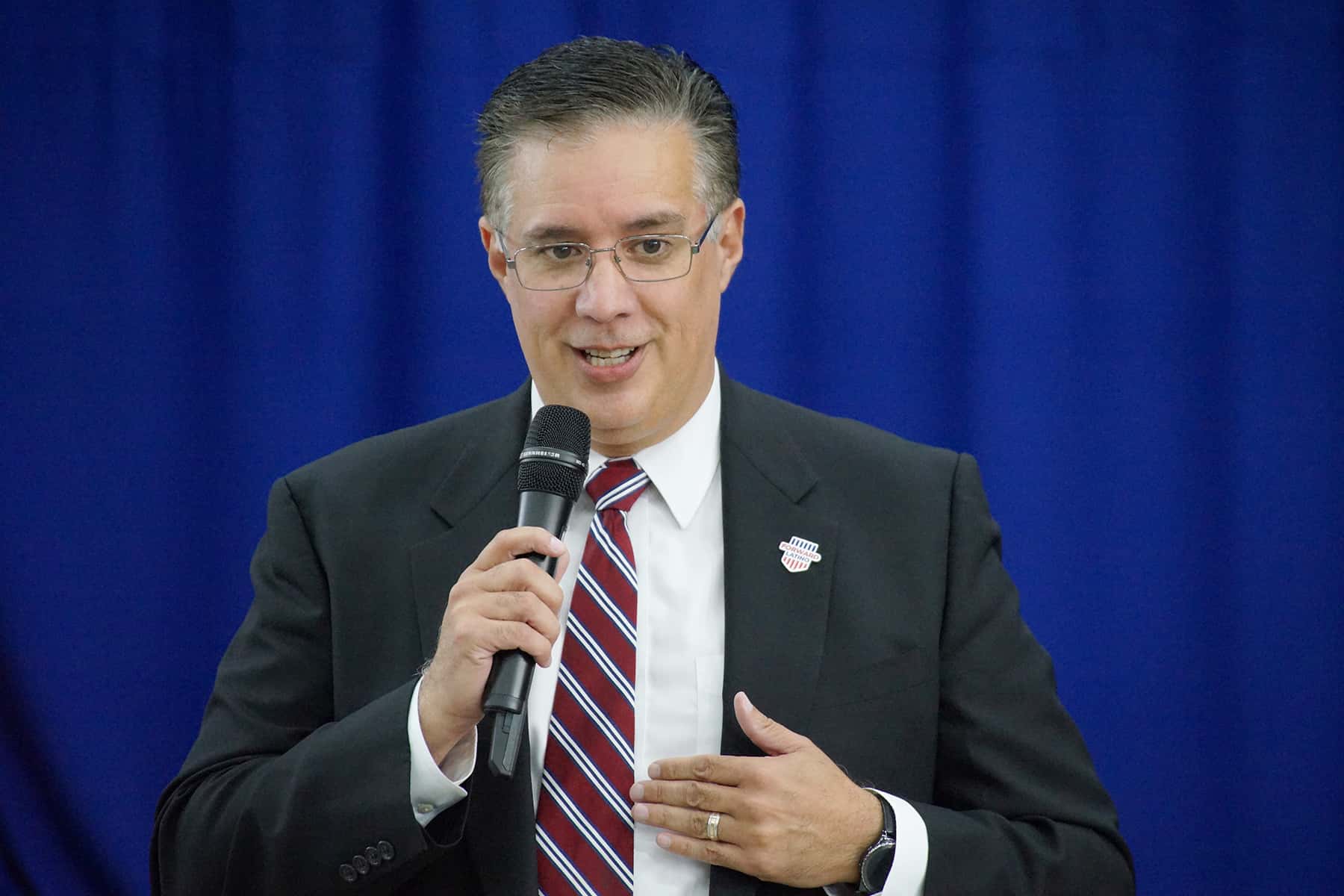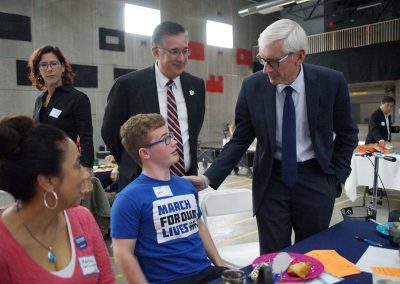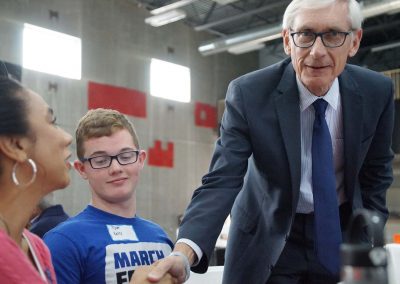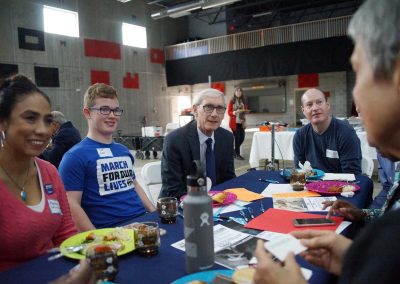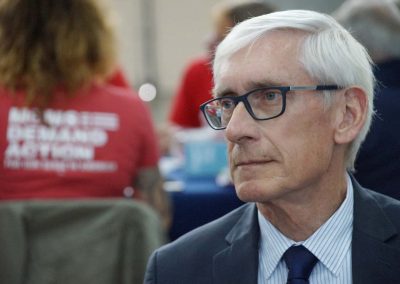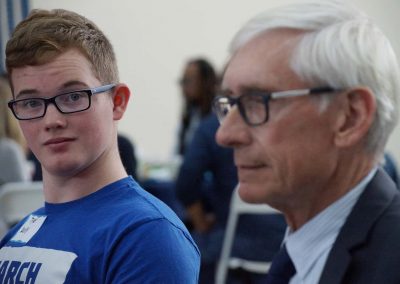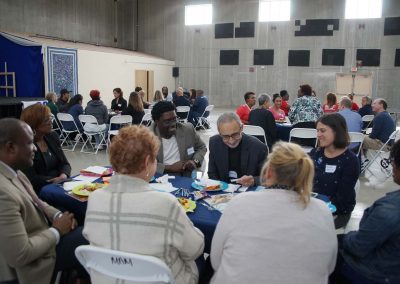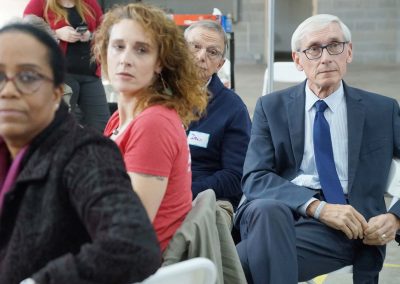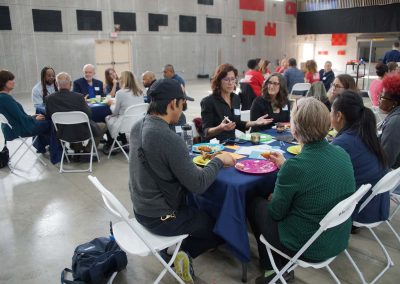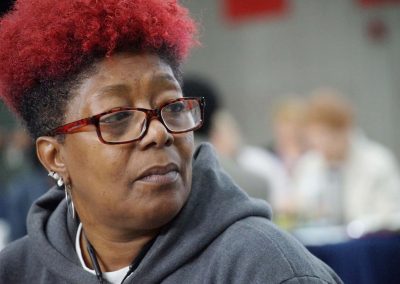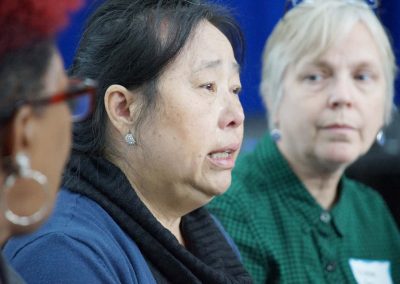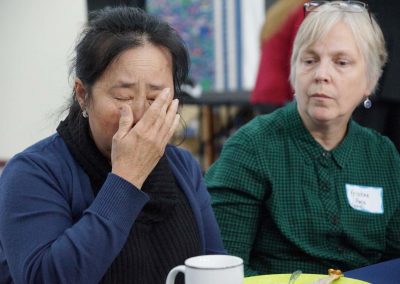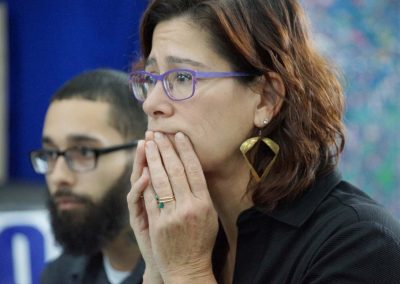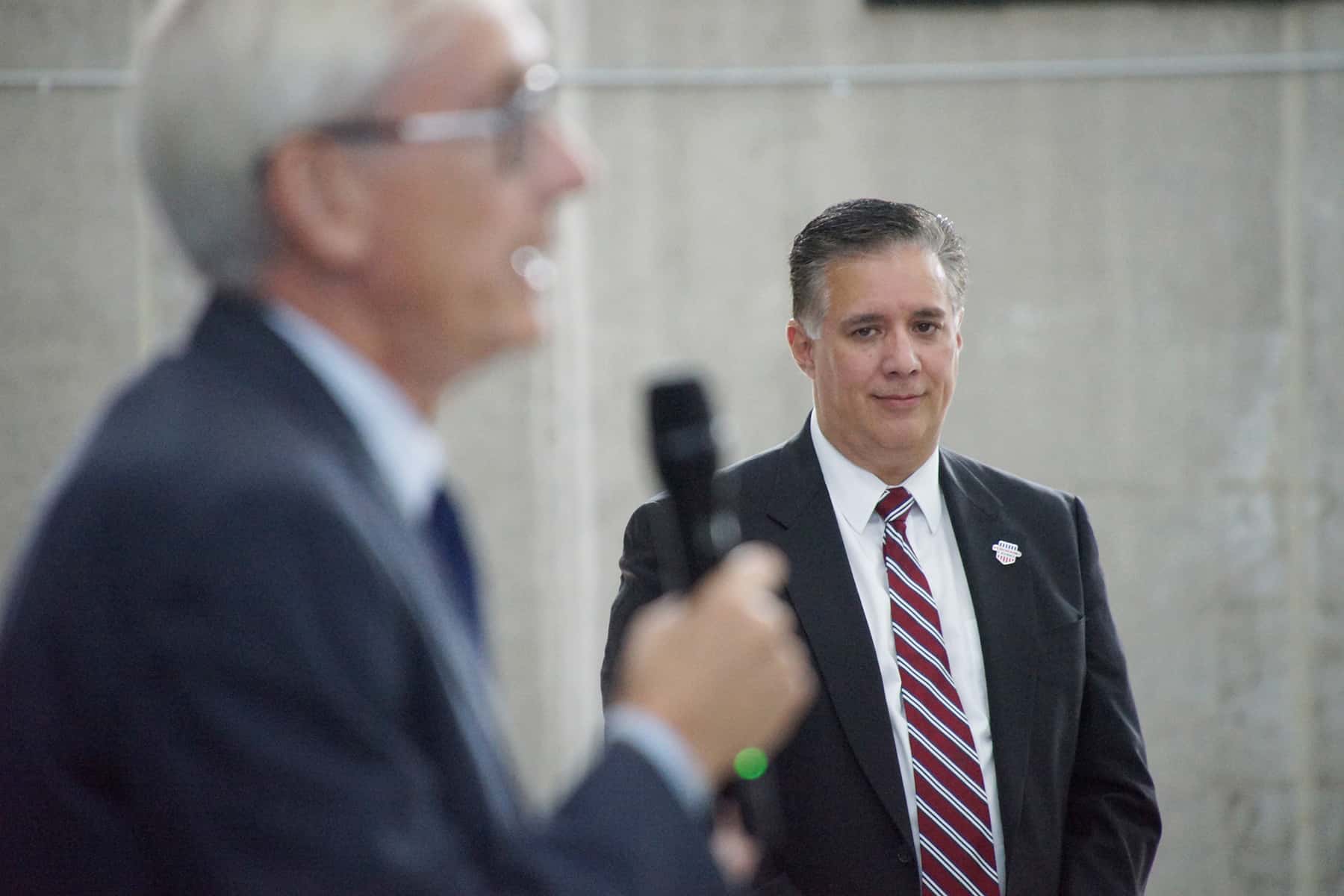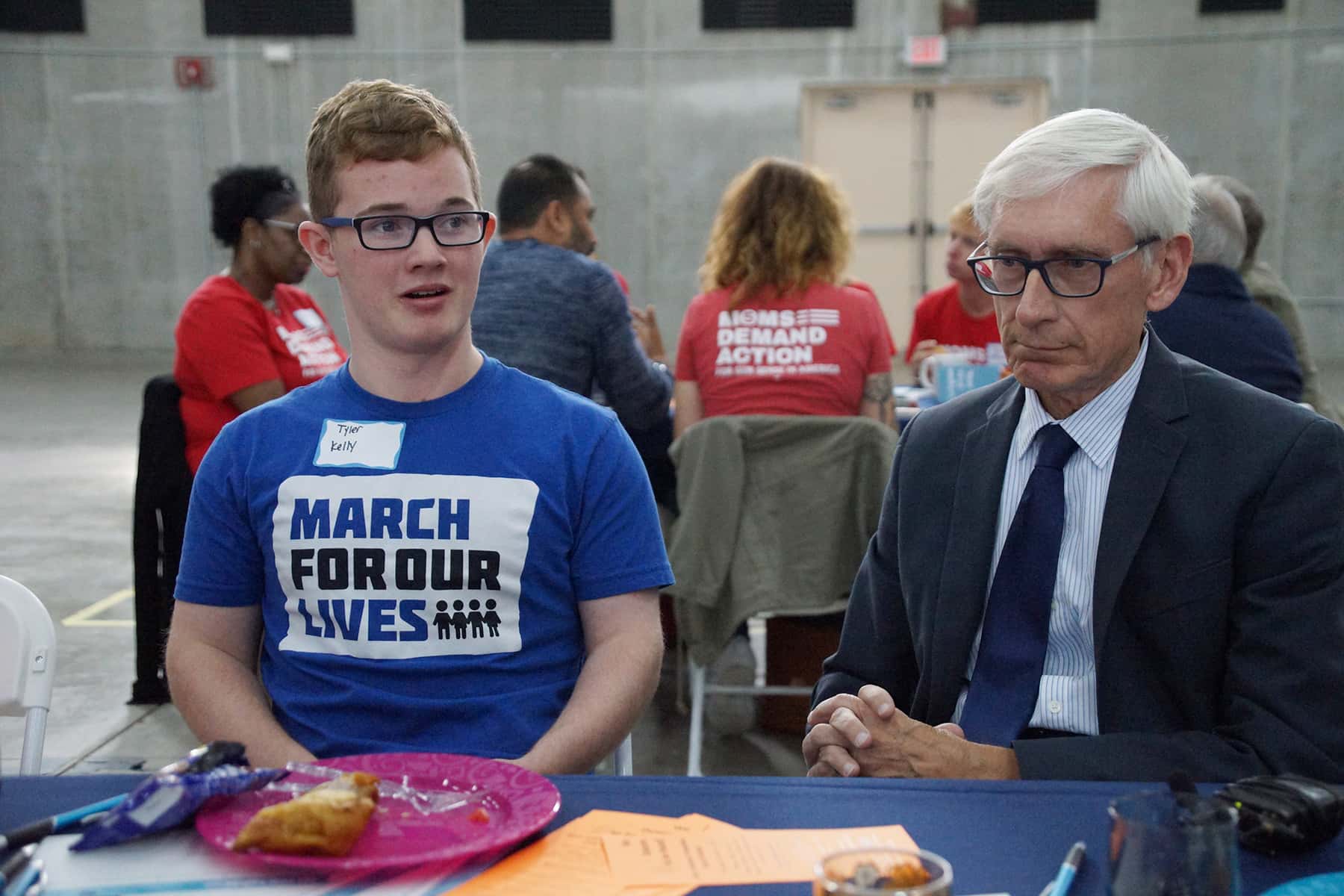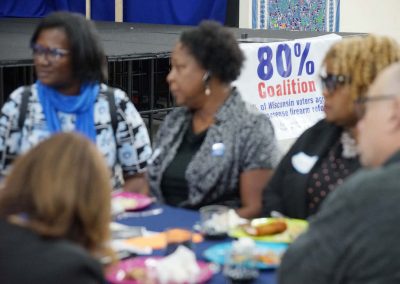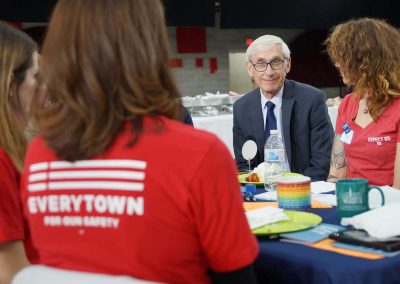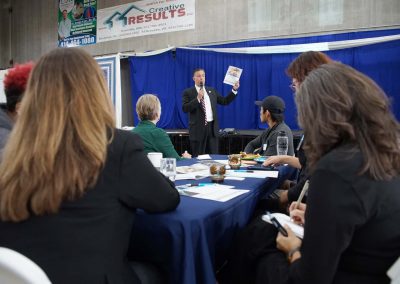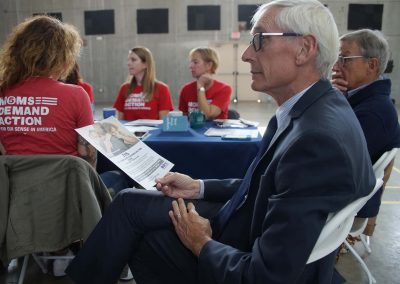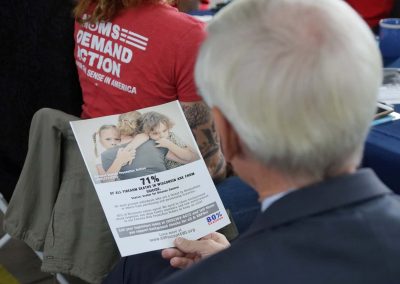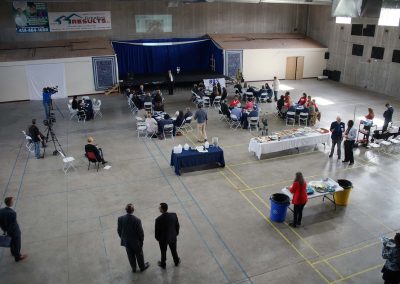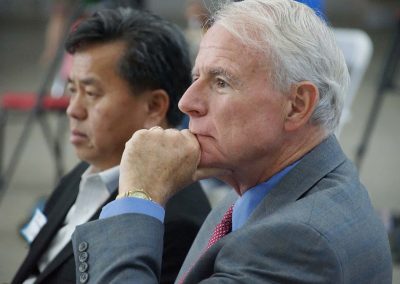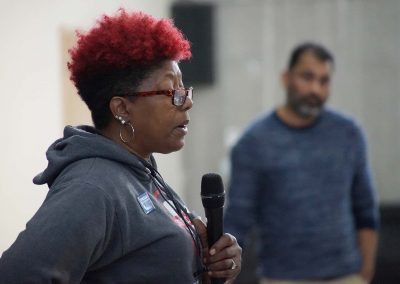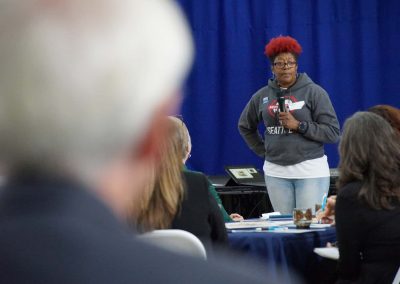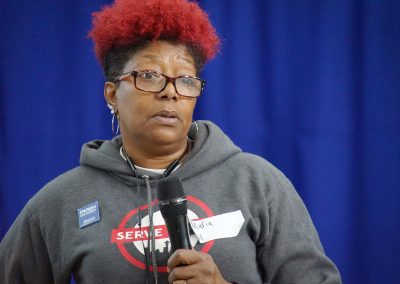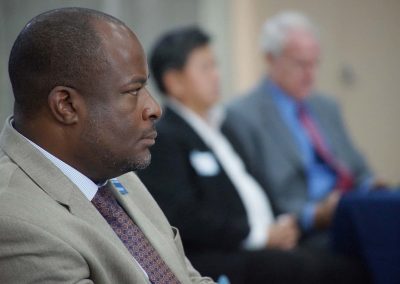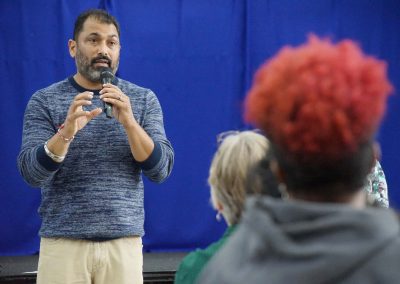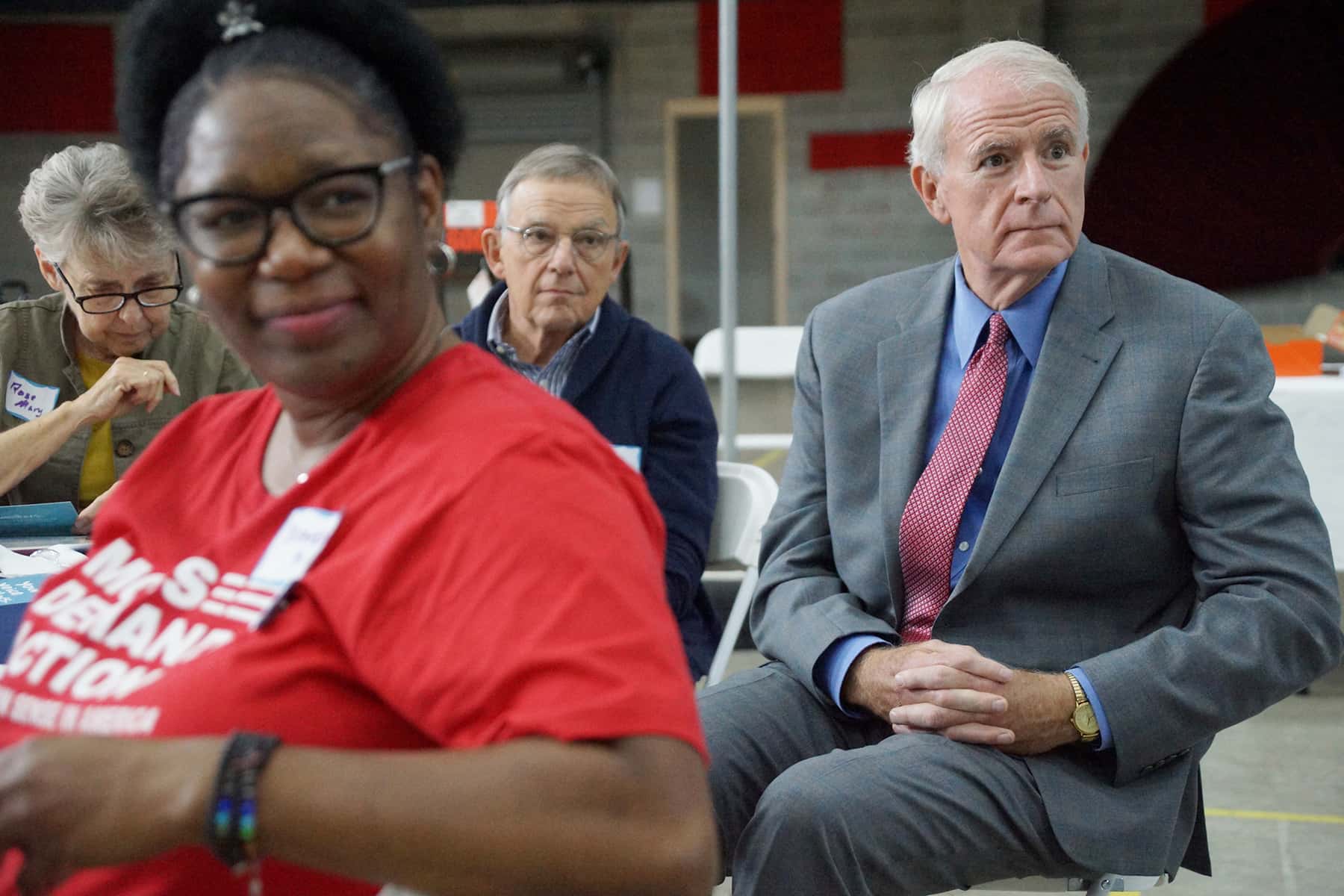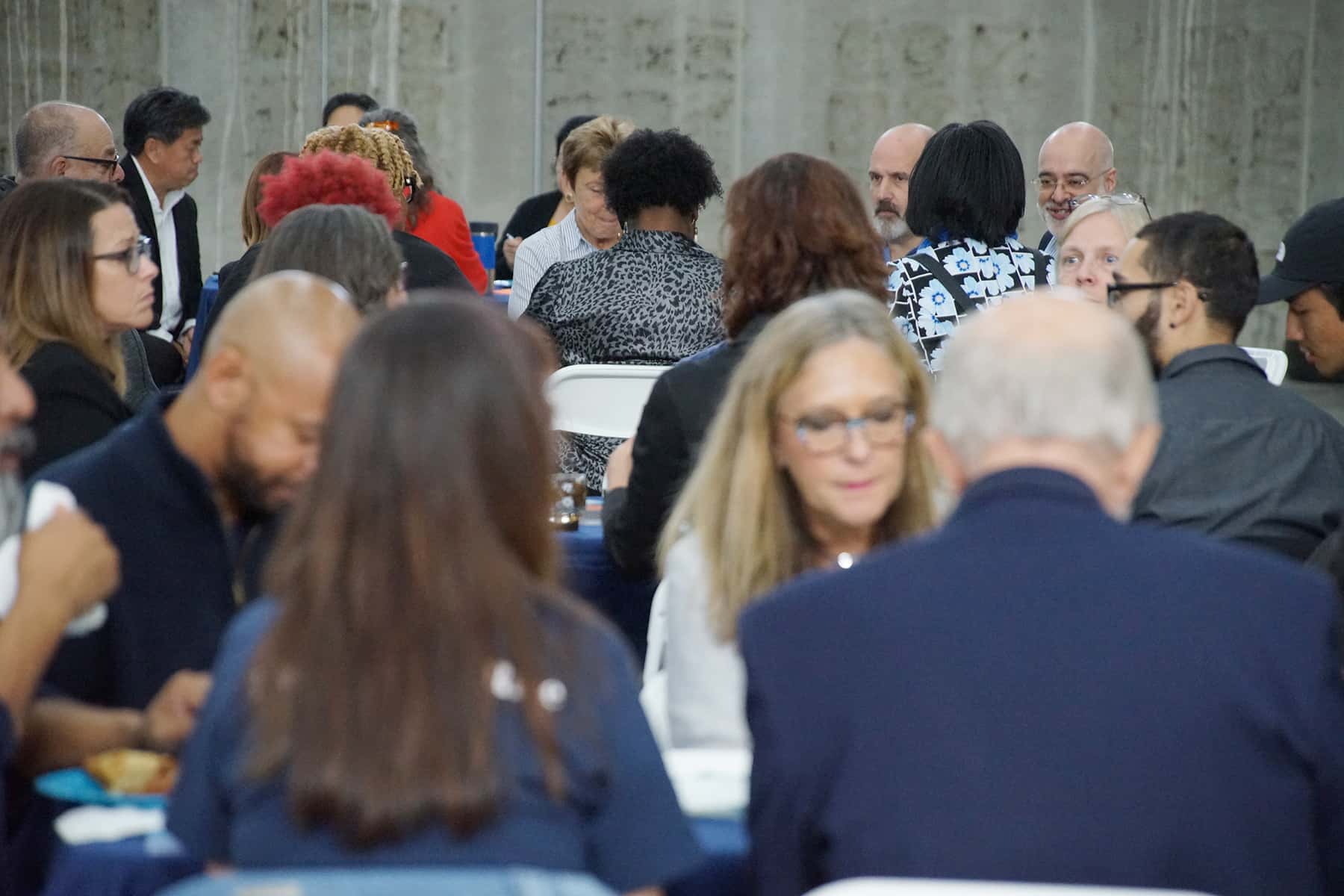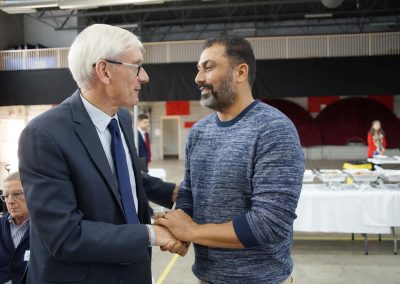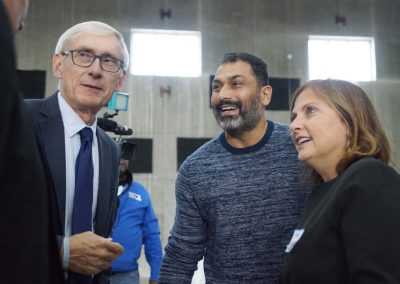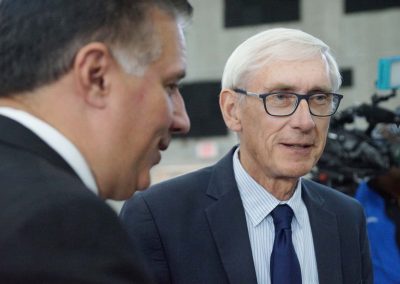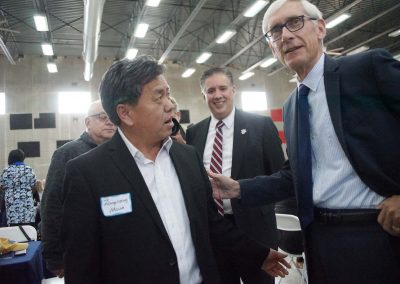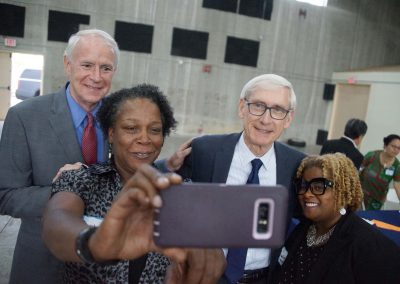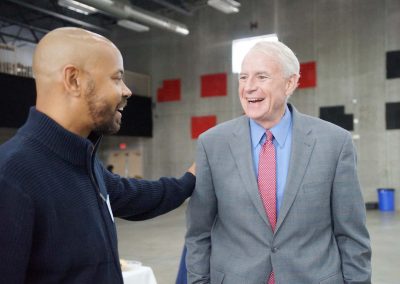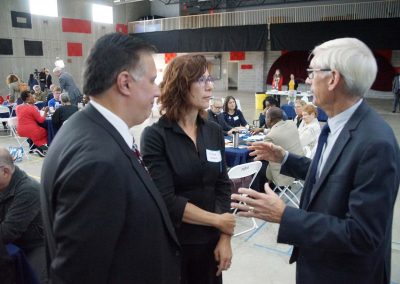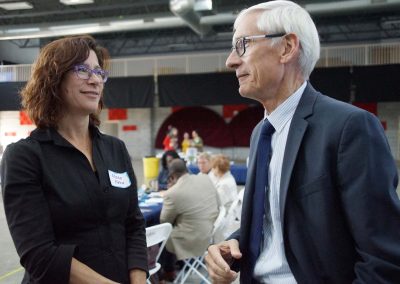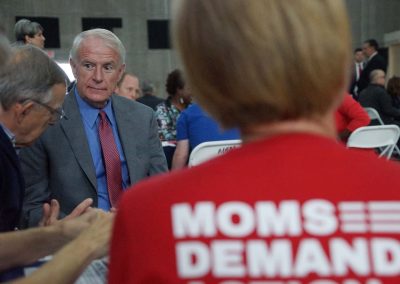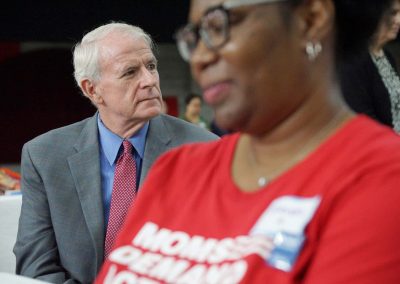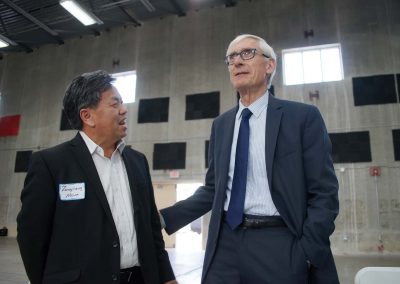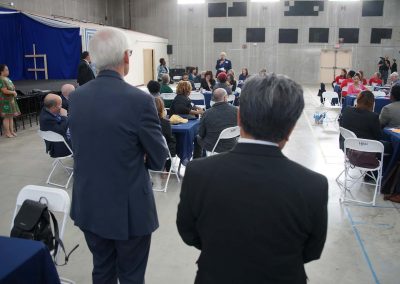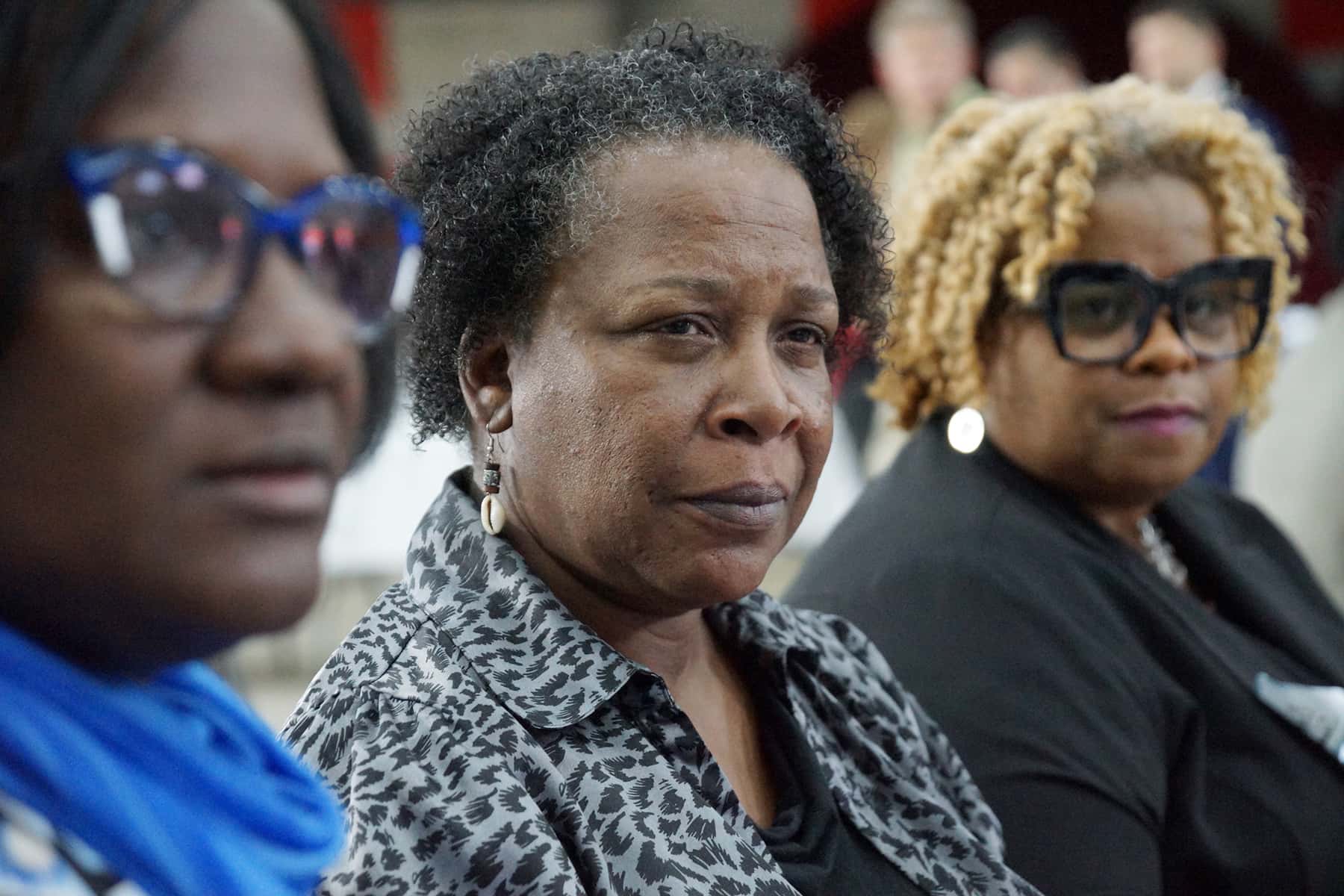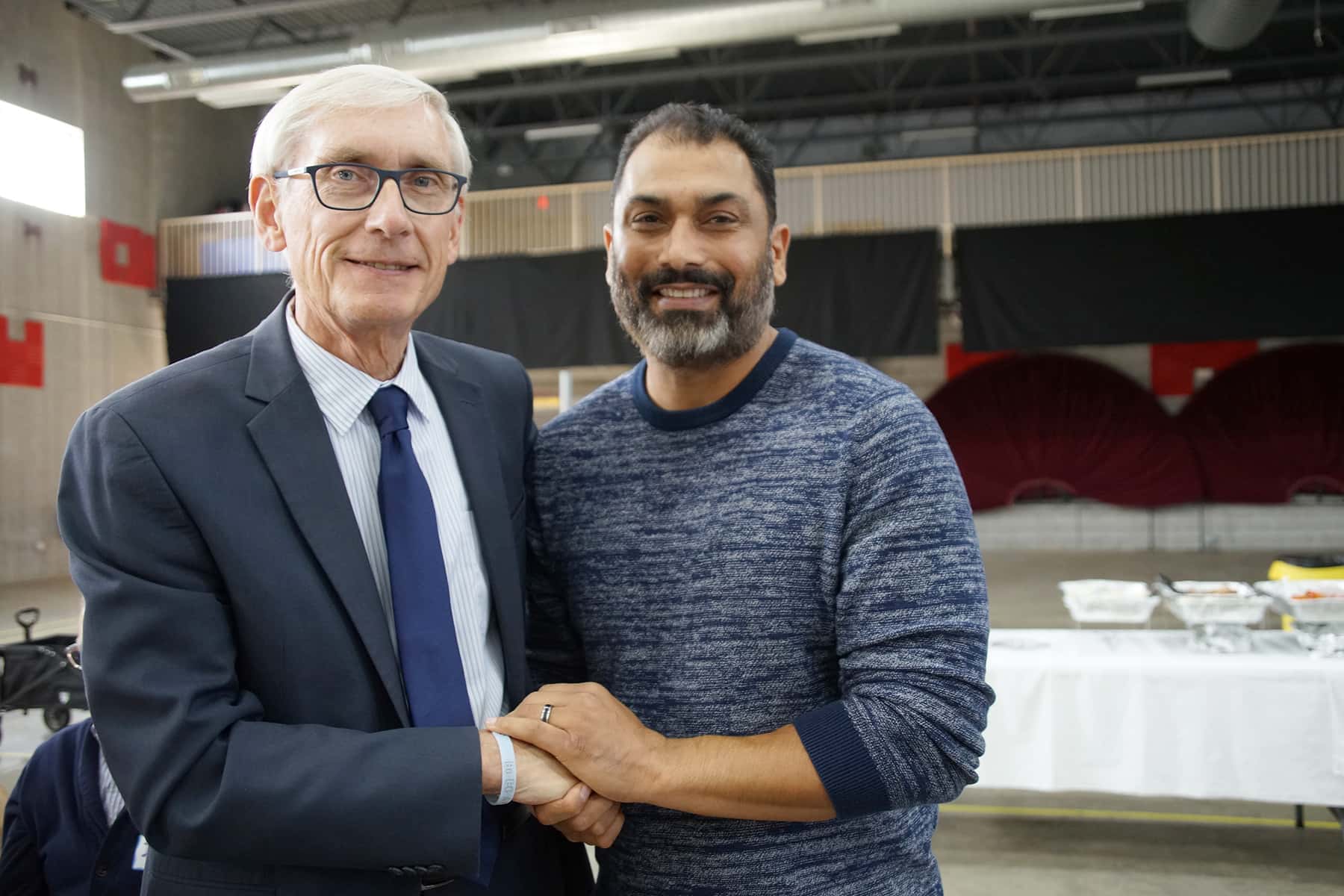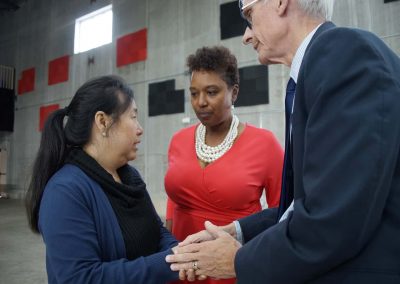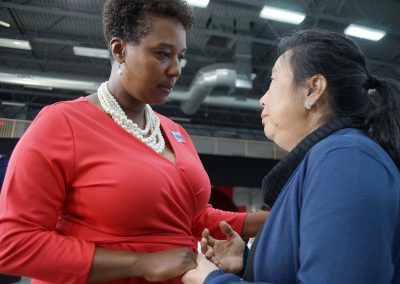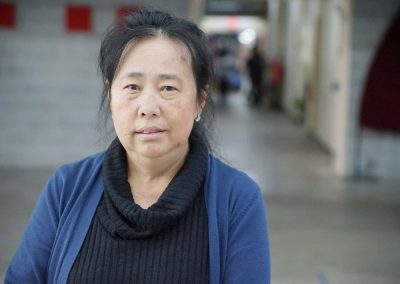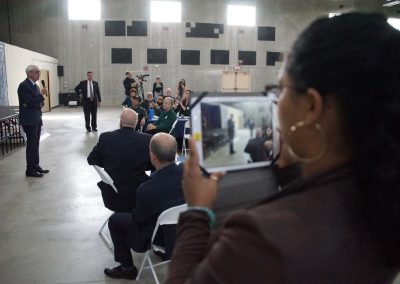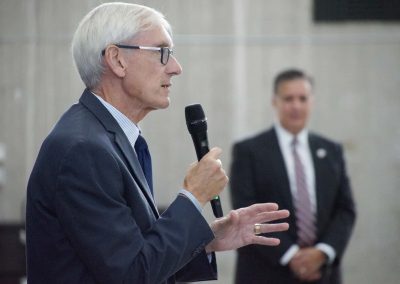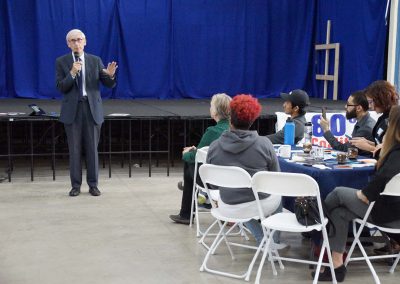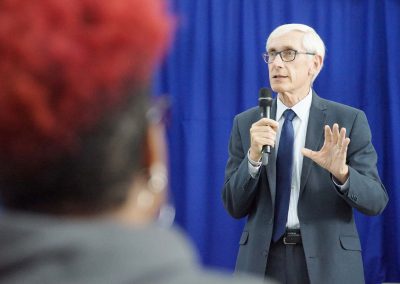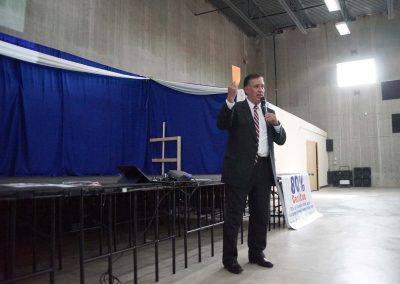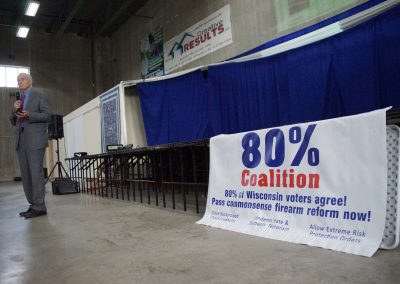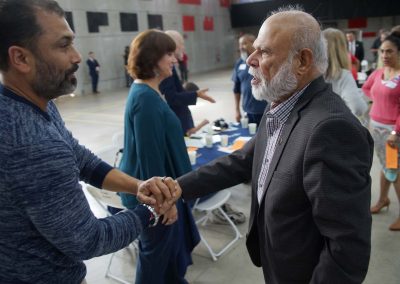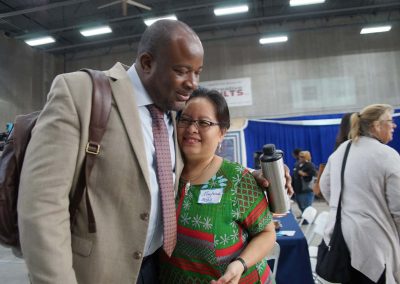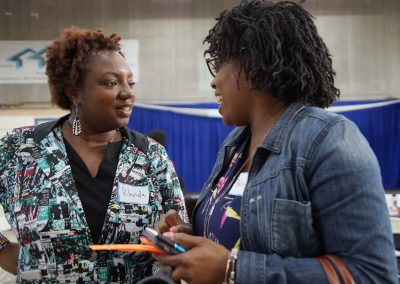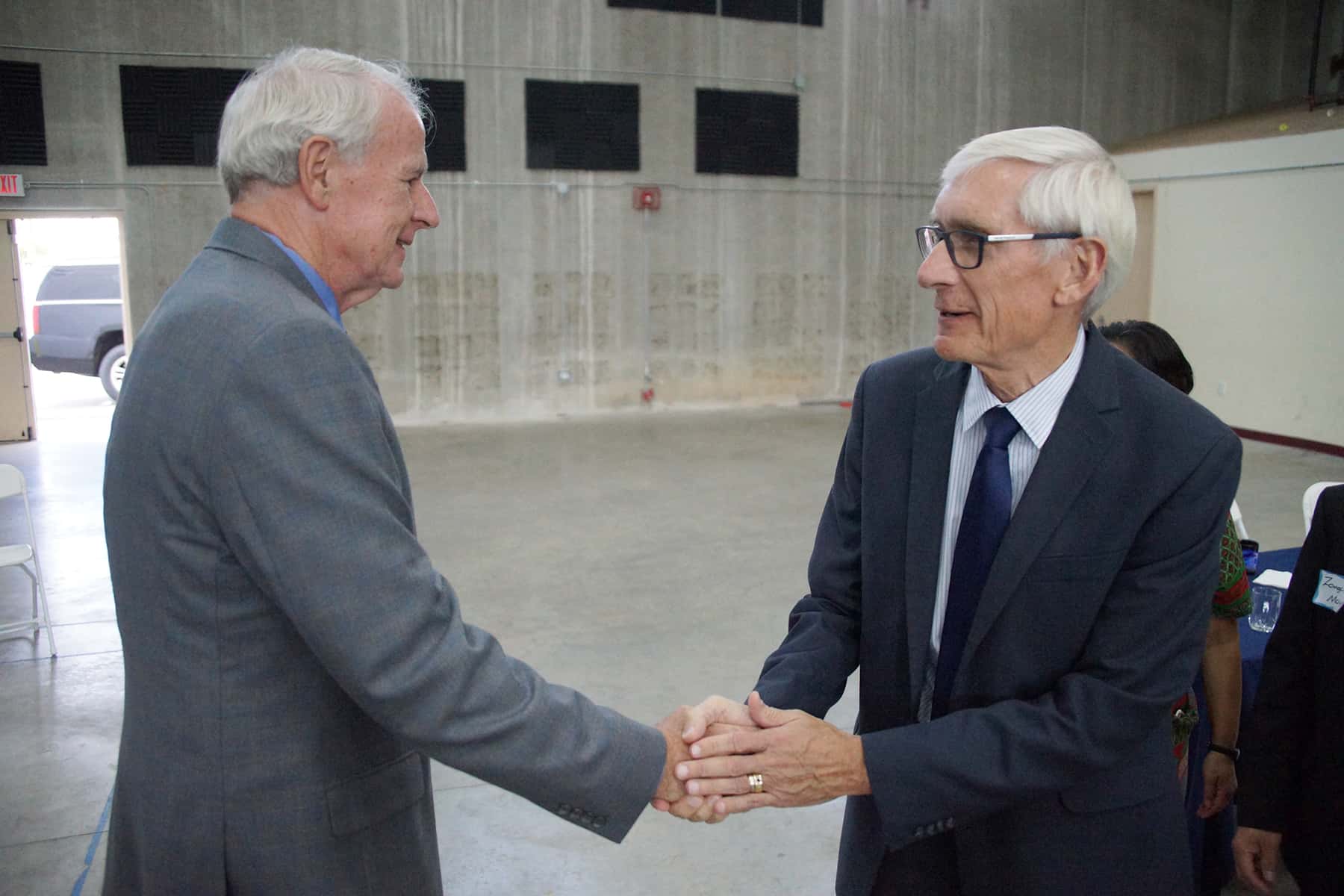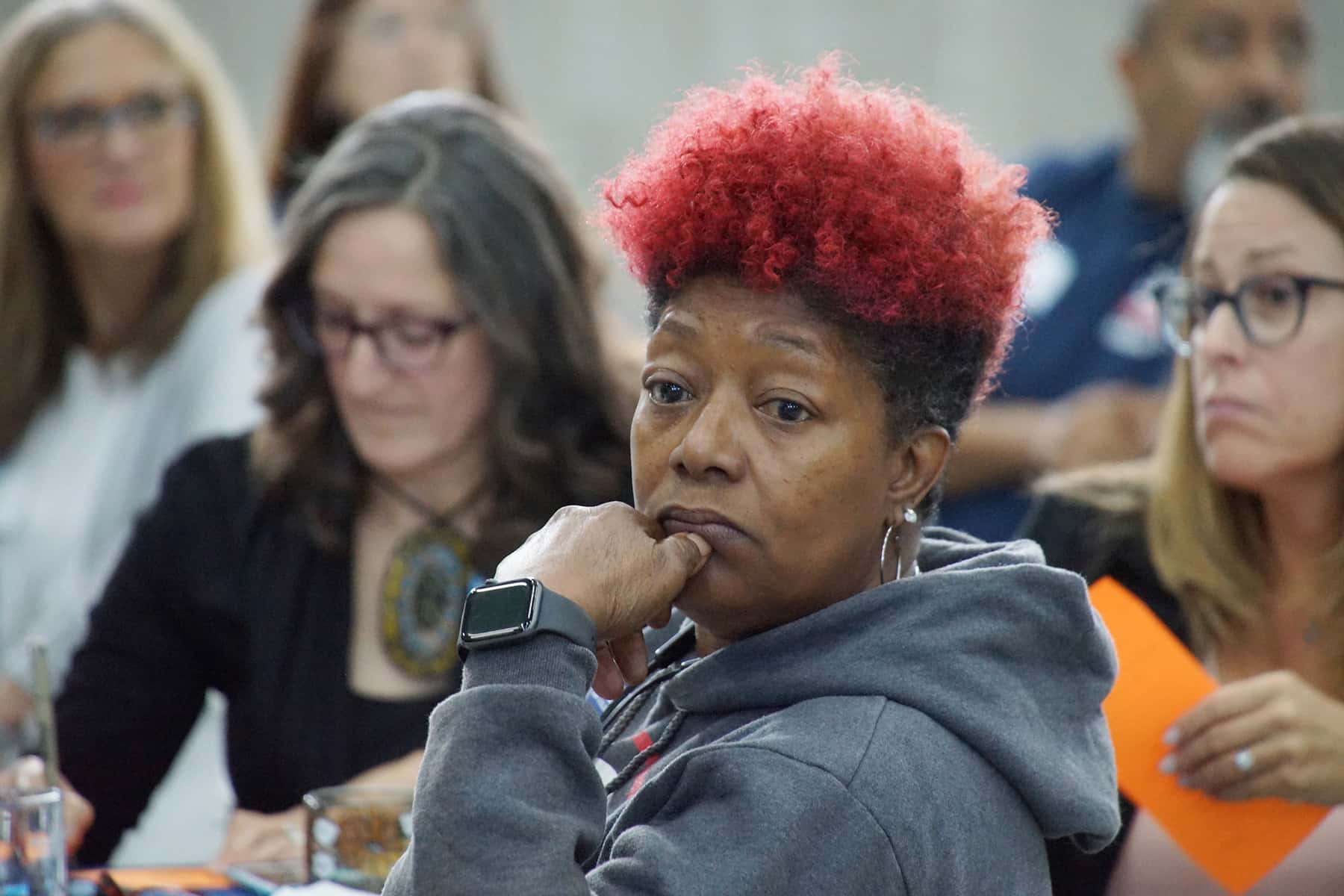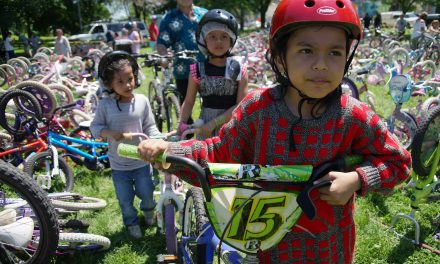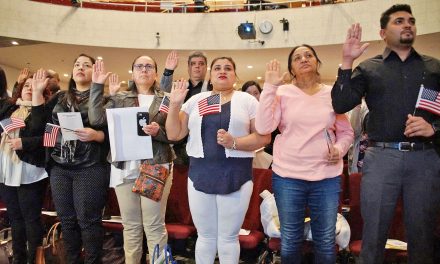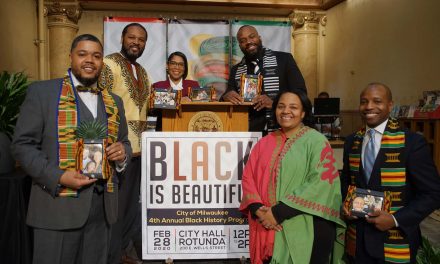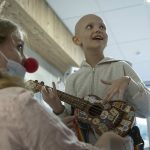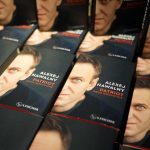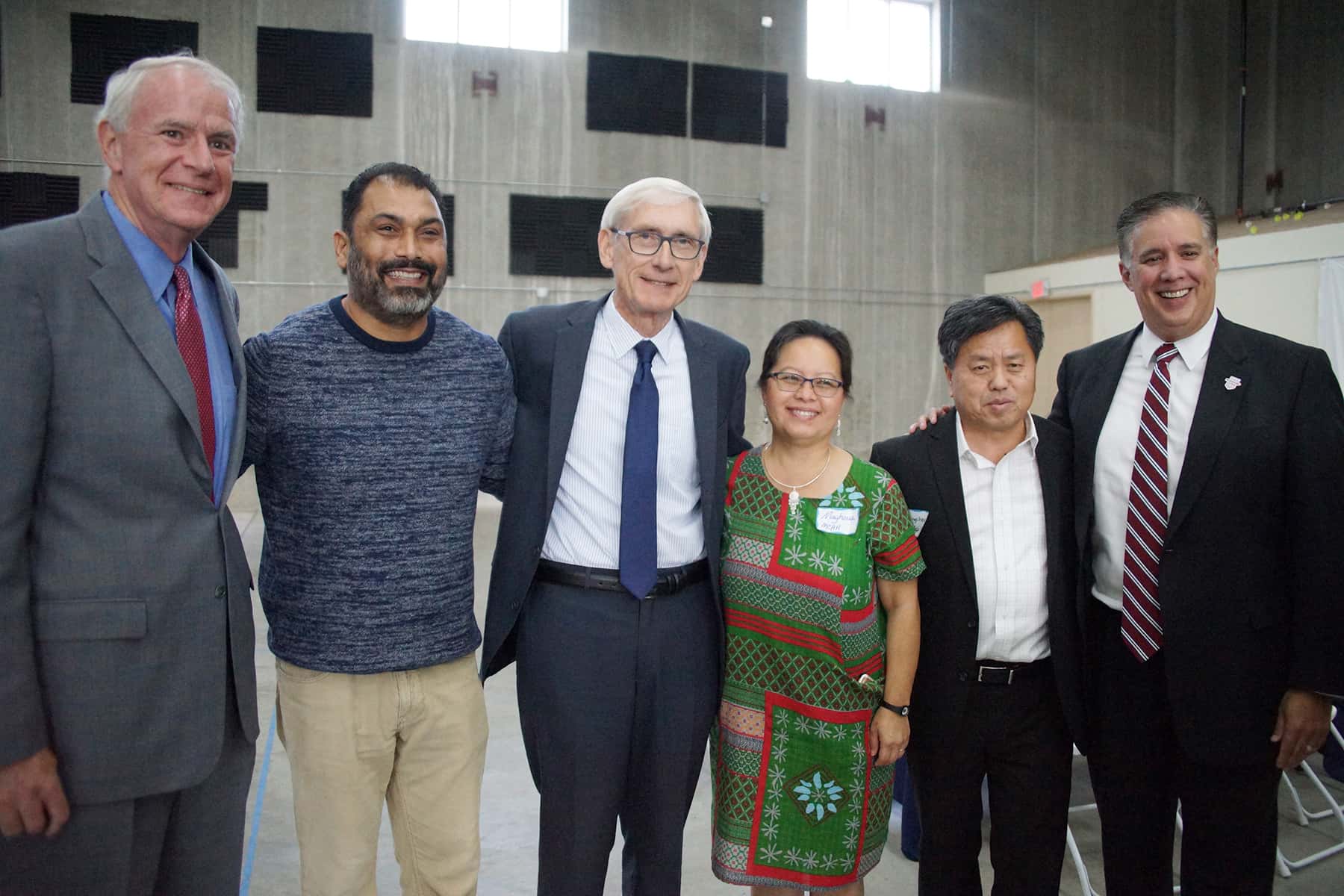
Oftentimes I find myself reflecting on two things; choices and solutions. If the issues that we face are solvable then why don’t we solve them? Because society exists in the poisoned tree of division, apathy, deflection, denial, and inaction.
On Thursday, October 10, our city engaged in the “On the Table MKE” discussions sponsored by The Greater Milwaukee Foundation. Our conversations took place at the Milwaukee Asian Market and explored the theme of “The Spiritual Toll of Gun Violence.”
Gathered was a collective of advocates, elected officials, faith leaders, survivors, and concerned citizens. The group of sixty included a multigenerational, multiethnic, multiracial, interfaith collection of men and women gun owners and non gun owners who feel the trauma that gun violence has unleashed on our collective psyches, and wanted to talk about it. Our hope was simple, allow people to get together, break bread, and dialogue. So what transpired?
We have heard the numbers, approximately 30,000 deaths a year due to gun violence and rising. We have more guns in our country then people. 1,500 children are killed each year. First and foremost, we should agree to one thing: numbers are not changing hearts and minds. Numbers rarely do. When is the last time anyone saw a number crunching intellectual display that same level of emotional intelligence? So while these numbers should change the public’s minds about the urgency to enact legislation around gun reform, they don’t.
Even worse than intellectualizing problem is that numbers seem to confuse the issue and then simply divide opinions further. For example, the question around the issue of gun reform becomes; what is more pressing, the mass shooting epidemic, or the urban gun violence epidemic? Do we need to address mental health or restrict the access to firearms? Domestic violence or some outside threat? Will this “On The Table MKE” event be about dialogue or action? Instead of understanding that these are all the same fruit of the poisonous tree, we argue which branch needs immediate remediation.
While there are branches that do need expeditious attention, these discussions in numbers and comparisons just keep us stuck in division and inaction.
For these reasons and more, we need to have conversations that speak to the heart of what racism feels like, what does the pervasiveness of gun death do the consciousness of Americans, and what toll is the educational experience having. On October 10, I participated in three “On the Table MKE” discussions, and all of them were different and the same. Different topics, different neighborhoods, and format. However, the same genuine thirst for healing and betterment. A rich sharing of the exchange and heartfelt conversations.
Our particular event around the spiritual toll of gun violence included Governor Evers, and his sharing of how gun violence had personally affected his family, with his promise to enact policy. I saw the Governor at a previous press conference asked a question on why he was attempting to enact policy around the issue of gun violence, at which time he told the reporter, “because it is the right thing to do!”
It is really this simple. Yet many Americans currently exist is the toxic dichotomous mindset of this or that, black or white, good or bad, mental health or access to firearms, forgive or forget, absolve or guilt.
The traumatized mind will do that to individuals, and leave them in a state of forming equivalencies and comparisons. And while many of these comparisons may have validity, they seldom lead to true solutions. To get to solutions, we must agree to chop down that poisonous tree. For it is that same poisonous tree that keeps us separated and fighting amongst one another and ourselves. The only saw that can pierce this tree is one of compassion and love. Not the love that is toxic and enables more misery, but the one that sees humanity in one another. One that challenges our own spiritual ceiling long enough that we can will into reality a policy that will address both mental health and gun access, take care of mass murder and urban violence, and mends the divides. Action by action, conversation by conversation, we need to tear down that poisonous tree.
Before leaving, Governor Evers announced a special session calling for universal background checks and enacting extreme risk laws, which allow families, household members, or law enforcement officers to petition a court directly for an extreme risk protection order (ERPO), which temporarily restricts a person’s access to guns if they are deemed a threat to themselves or others. I think a law like this useful and if utilized effectively, how many people could be helped? How many families would not have to endure the impact of this disease of gun violence.
One of my last calls as a Milwaukee police officer was responding to a domestic shooting in which the father shot and killed the mother. That same night, I made the notification to the grandparents, mother, and father of the deceased woman. They both collectively wept as I told them about what happened to their daughter, and they told me about the young toddler who was sleeping in their room, their grandchild who would now not know his mother while his father would spend the rest of his life in jail. An entire family devastated by the communal trauma of gun violence.
Two years ago I visited Jeremy Richman, who lost his 6 year old daughter at Sandy Hook Elementary. The pain would eventually overwhelm him to the point that he took his own life in Newtown City Hall. Another family devastated by the communal trauma of gun violence.
These problems are not so disconnected, it is people who are disconnected. Chögyam Trungpa stated, “As long as a person is involved with warfare, trying to defend or attack, then his action is not sacred; it is mundane, dualistic, a battlefield situation.”
It is clear that being stuck in the mundane, dualistic battlefield leads to no choices, no solutions, and inaction. We must each free ourselves from warfare if we are to be engaged in solving the world’s problems, by getting to the sacredness of the root.
Lee Matz

